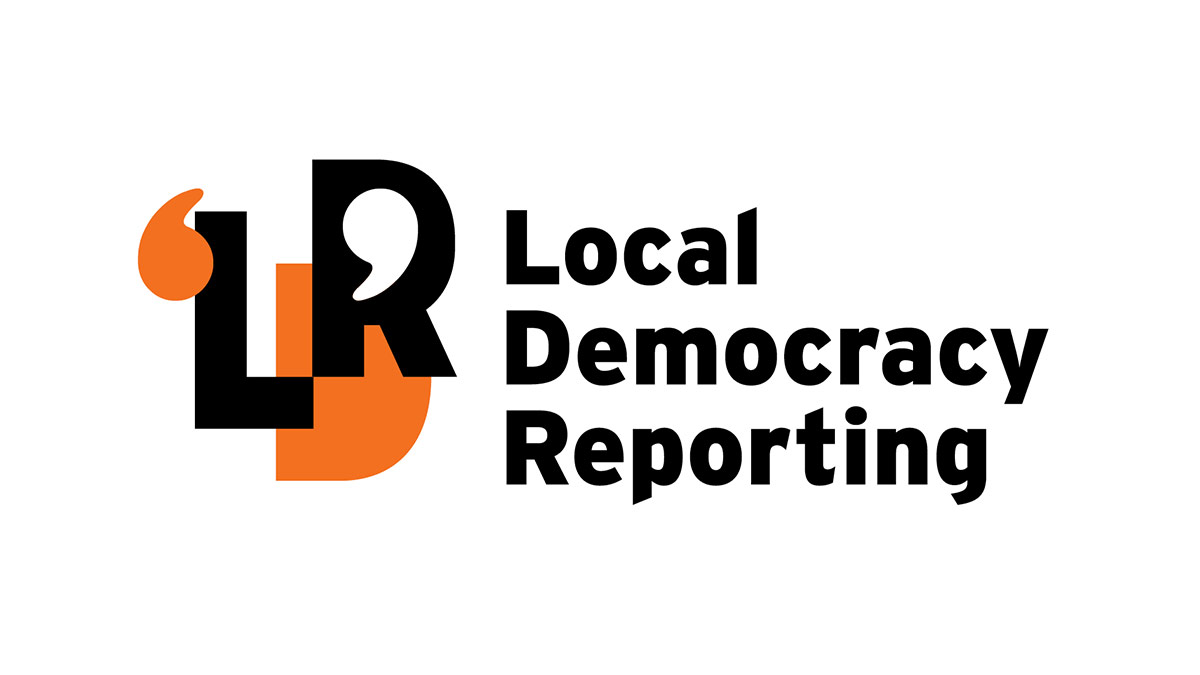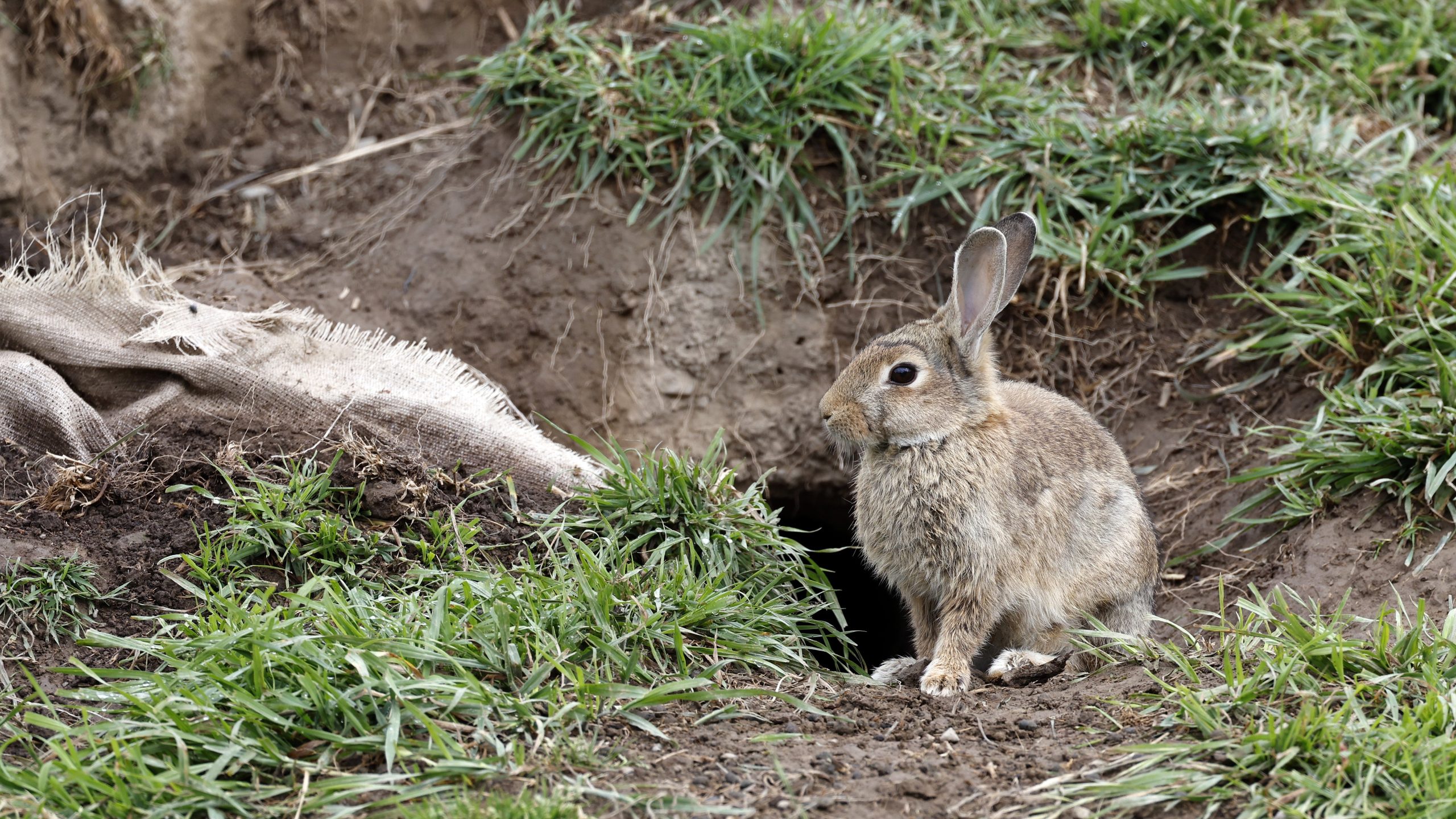Poison drop to tackle ‘out of control’ rabbits


Rabbits along the Taylor River, pictured in October last year, have been compromising Marlborough’s stopbank network. Photo: Supplied/LDR
“Obnoxious” rabbit populations damaging stopbanks along Blenheim’s Taylor River will be poisoned ahead of a night shooting hoped to bring numbers down.
The Marlborough District Council has approved a Pindone poison drop along the Taylor River reserve and neighbouring properties, which will be followed up with night shooting hoped to better control wild rabbit numbers.
A report that went to full council on Thursday said the number of rabbits along the river was “extremely high”.
Wairau-Awatere ward councillor Gerald Hope said the exercise was important given the stopbank network was being damaged.
He said the rabbits were “out of control” and “obnoxious”.
Marlborough mayor Nadine Taylor agreed.
“We invest a lot into our stopbanks and the integrity of those stopbanks to protect the town,” Taylor said.
“We know that they [rabbits] undermine the integrity of the stopbank, so there is a very valid reason for this work.”
A council spokesperson last year said the spike in numbers was due to the time of year.
The council undertook a rabbit control operation in the Taylor River area south of the Burleigh Bridge using the Rabbit Haemorrhagic Disease Virus – K5 Strain (RHDV1-K5) in response to large numbers of rabbits in the area in 2021.
At the time, the council said the area had a high number of wild rabbits and “conventional control methods”, such as shooting, were challenging to do in the area given it was open to the public.
Last year, the council undertook a night shooting operation using an approved pest removal operator over a three-month period, with 293 rabbits killed, the report said.
“Shooting alone will not effectively reduce rabbit numbers to an adequate and acceptable level in the long term.”
Monitoring showed numbers remained “fairly steady” shortly after a virus-laced carrot drop in 2021 and into 2022, at around 170 rabbits. A count in June 2023 had the population around 140.
However, the virus was said to be less effective than “traditional control methods”.
Two areas of the western side of the river had been “heavily affected” by rabbits, the report said.
This included a 49-hectare area which had a vineyard, river reserve, plant nursery, office buildings and a beef farm.
A second 21-hectare area with a “light commercial” subdivision, river reserve, disc golf and a forestry company base with a dwelling was also “heavily affected”.
The cost of the operation was expected to be $23,000.
This included $2500 for bait, $500 for fencing, $14,000 for labour, $3000 for consent costs and $3000 for follow-up shooting.
Bait would be applied in bait stations mainly on private land in the heavily affected areas, subject to permission, but if this was not enough, more bait stations could be placed on council land.
Bait stations would be closed during the day and opened in the evening for safety reasons.
During morning close-down, the area would be checked for carcasses.
The operation was likely to be repeated for roughly 10 to 14 days, or until no bait was consumed.
It would likely take place in early July when there was less food for the rabbits, which would make the bait more appealing.
Resource consent and approval from DOC would be required.
The council’s website said there had been “plague episodes” of rabbits spreading up the Wairau and Awatere valleys since the late 1890s.
The council approved the poison operation.

LDR is local body journalism co-funded by RNZ and NZ On Air.
